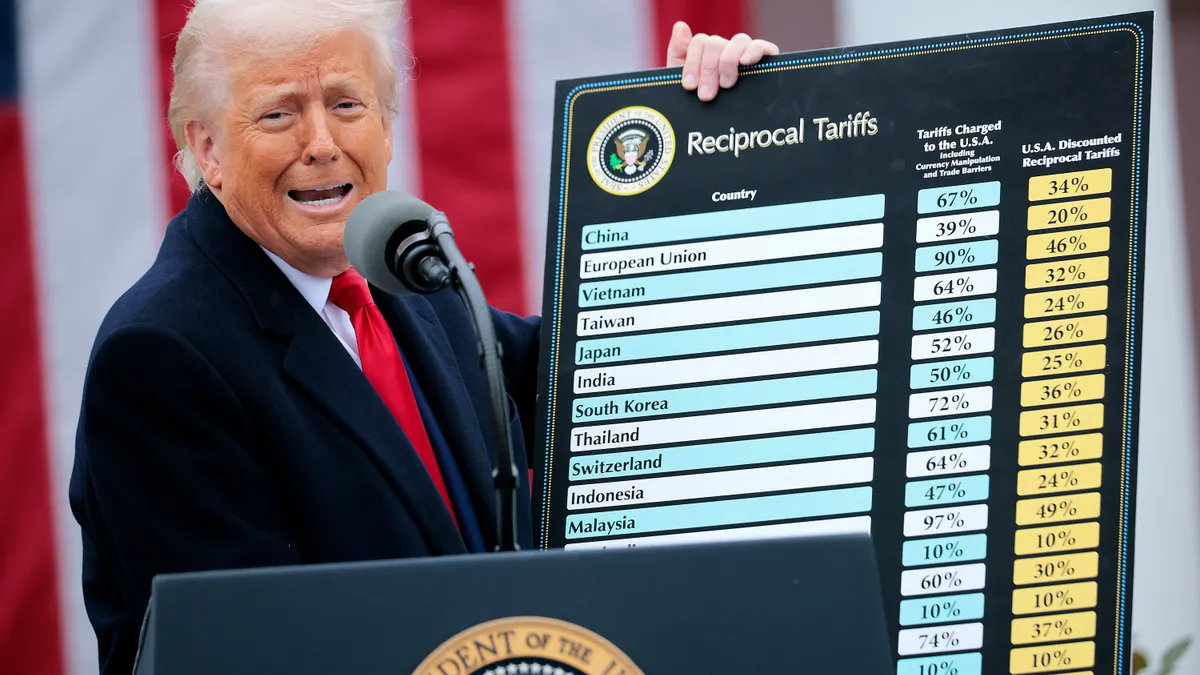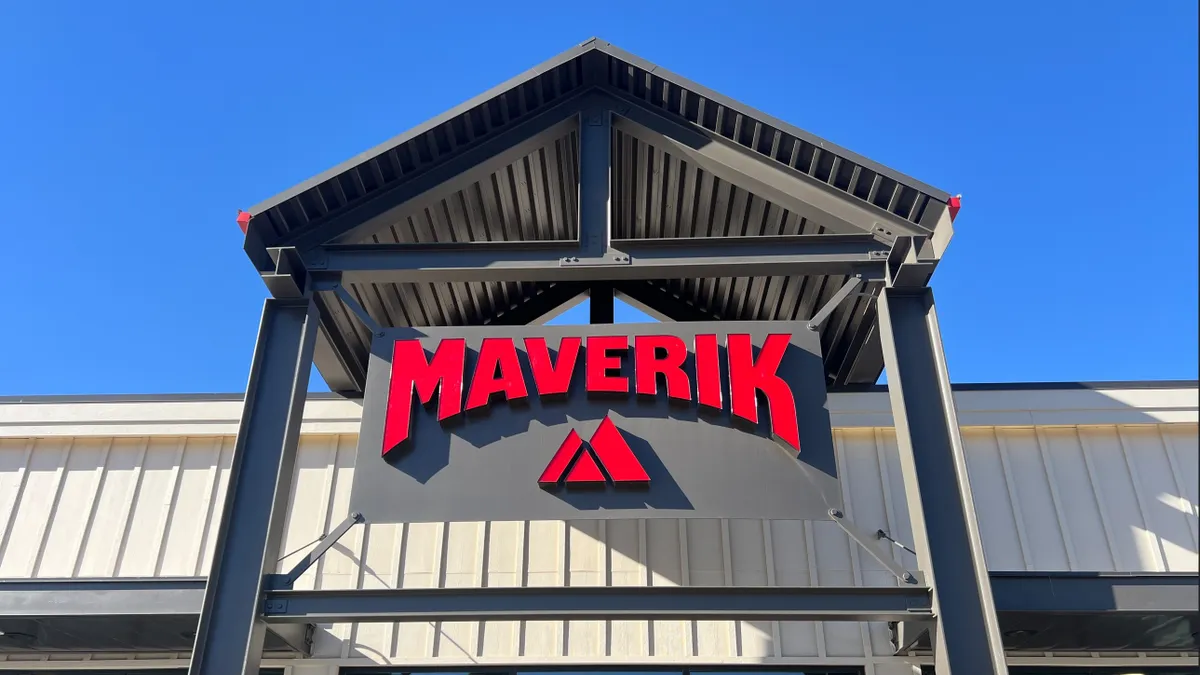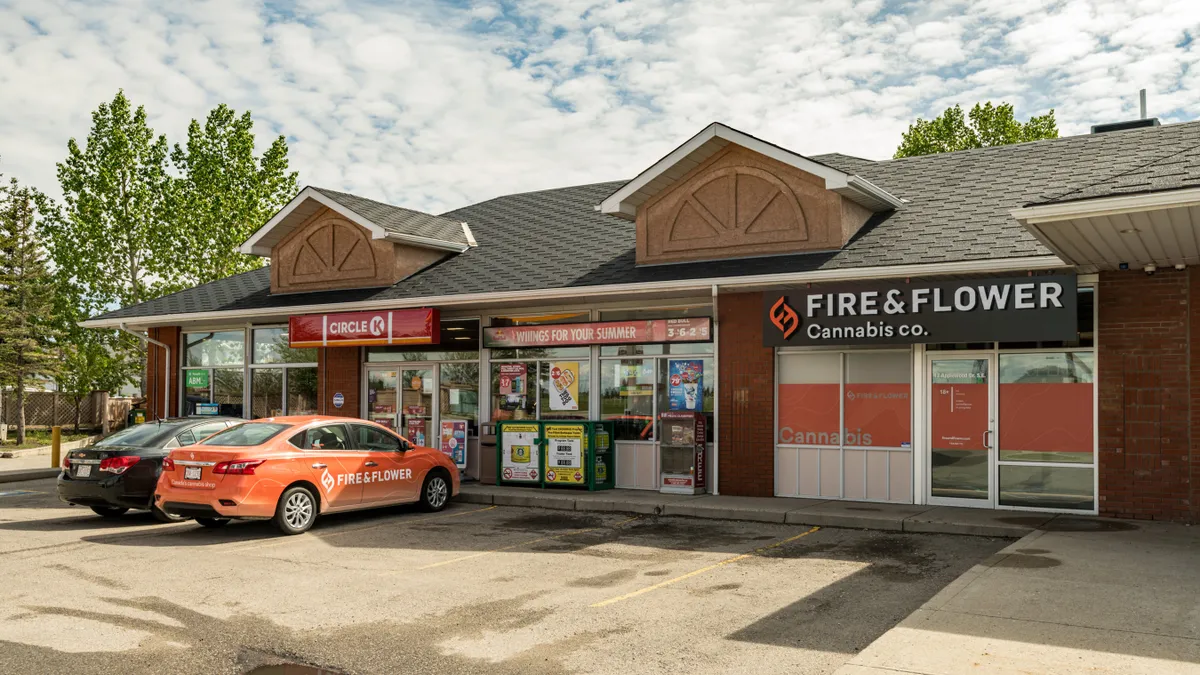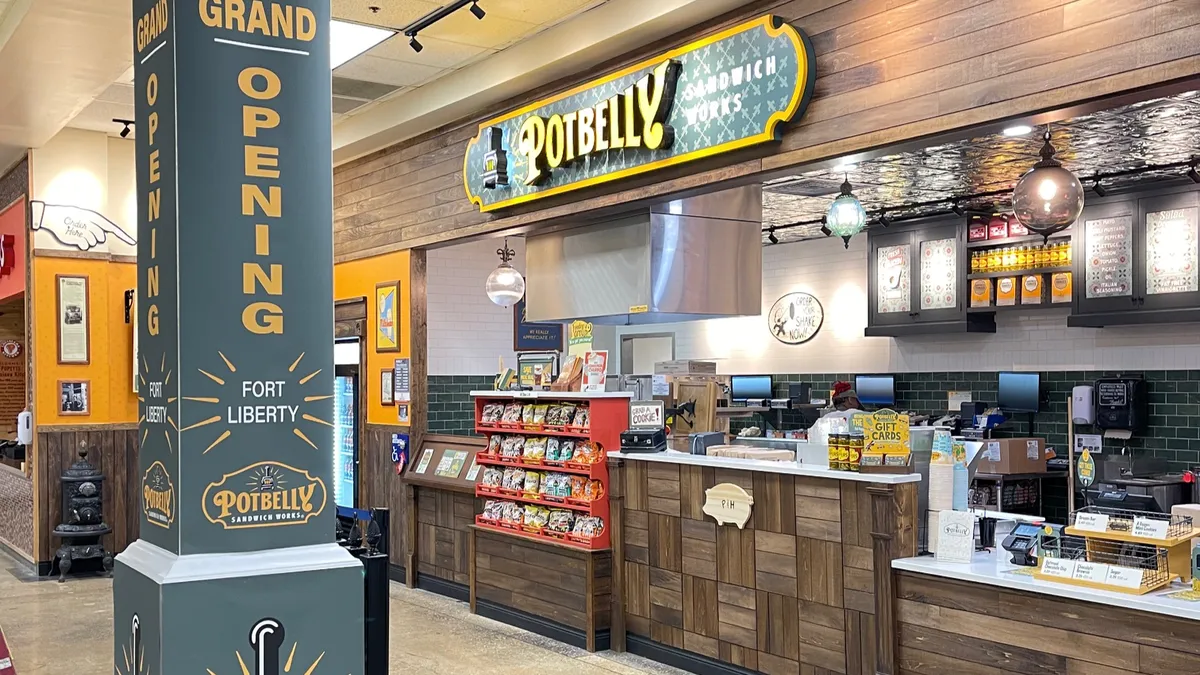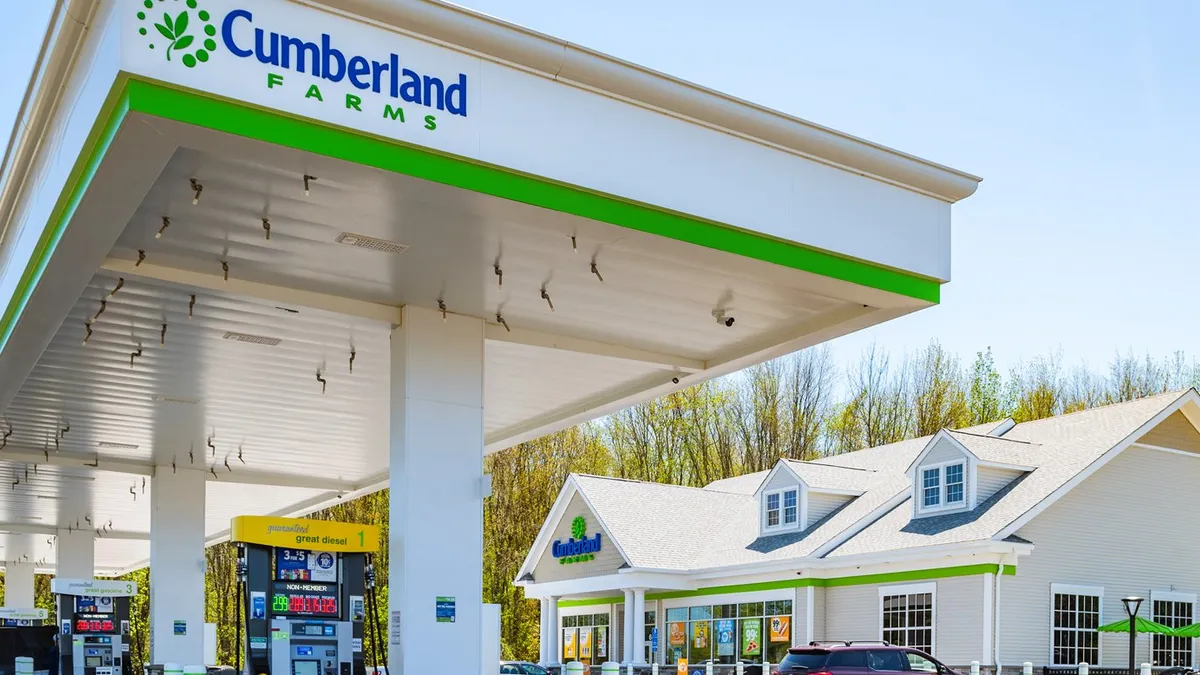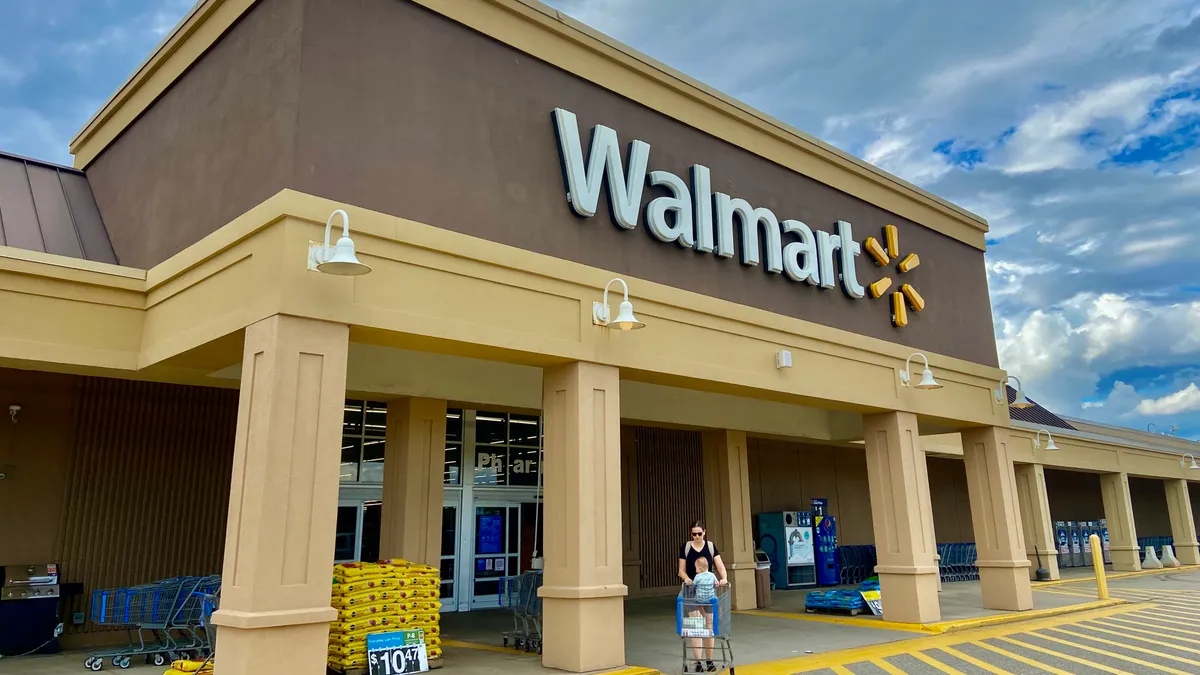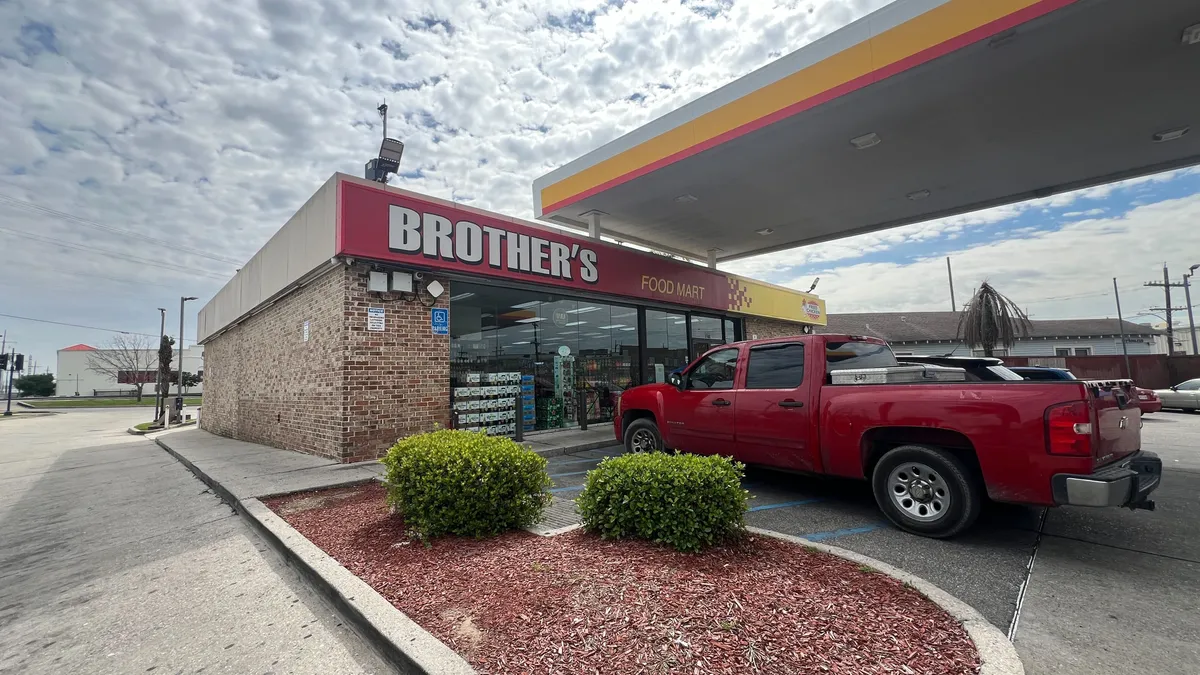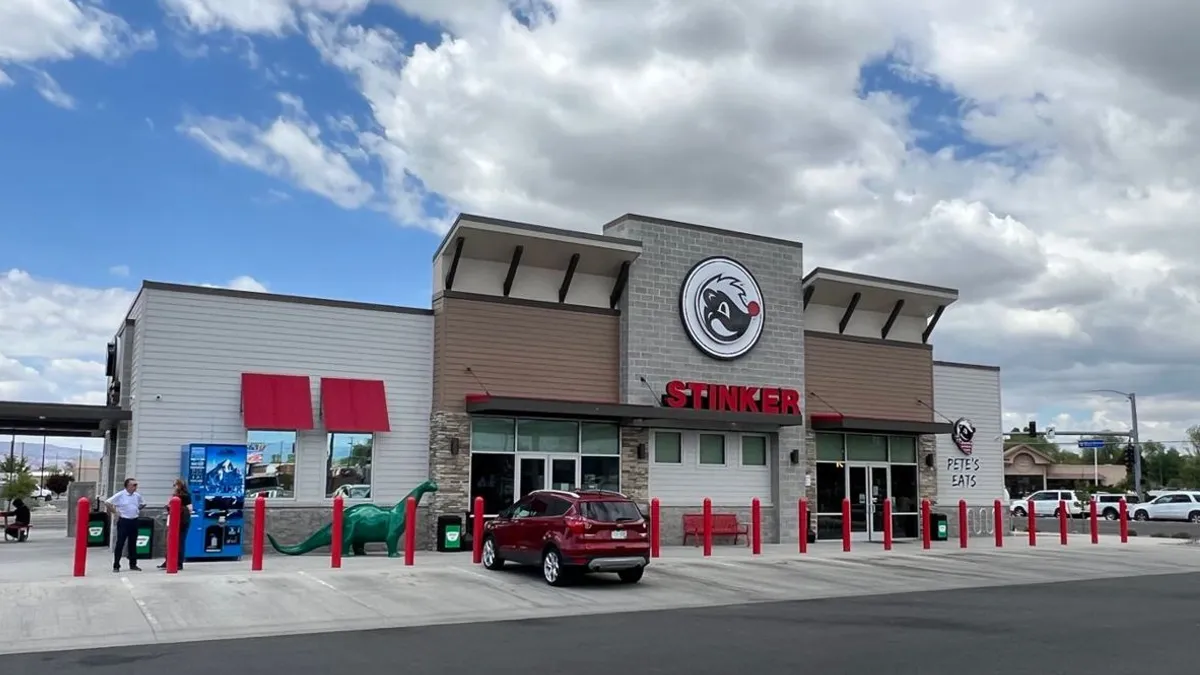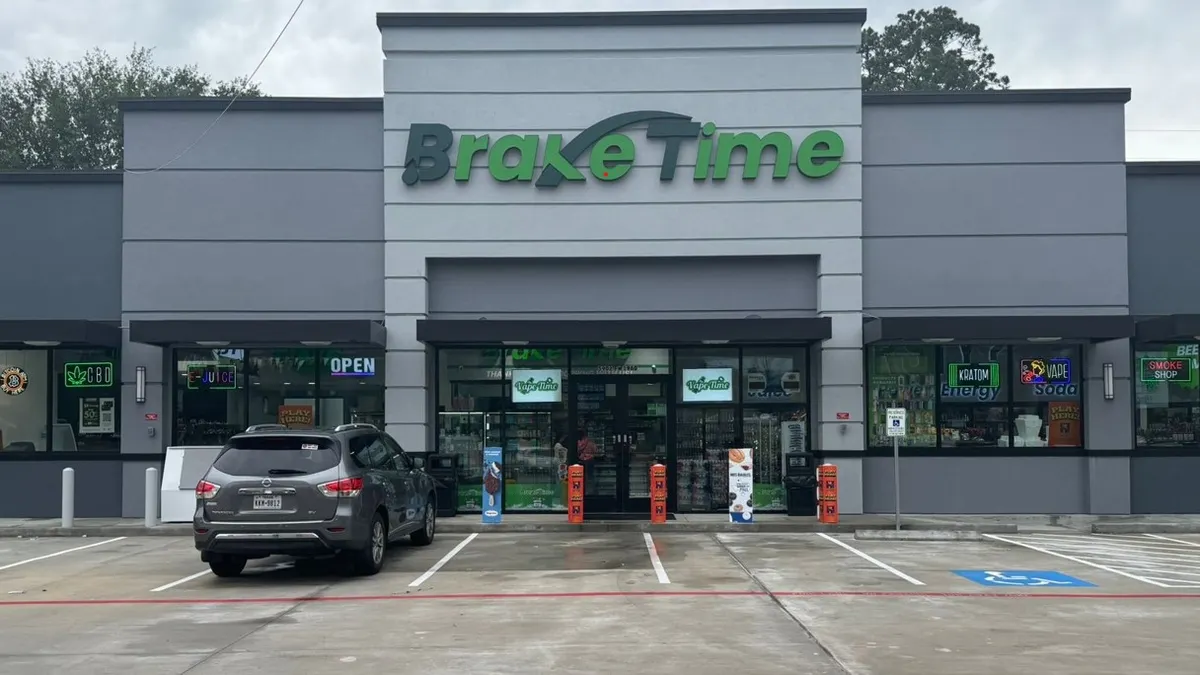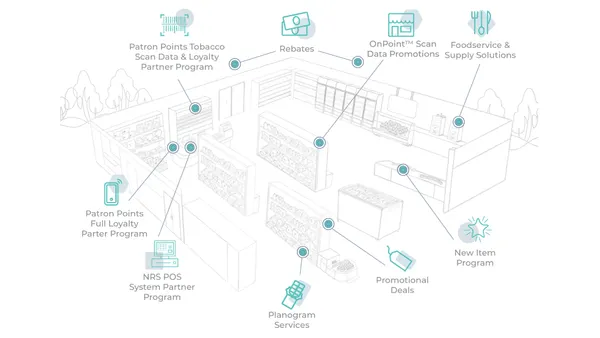President Donald Trump’s sweeping tariffs on imports hit a roadblock last week after the U.S. Court of International Trade blocked the Commander in Chief’s controversial agenda. However, the Court of Appeals for the Federal Circuit has since allowed the president to continue collecting tariffs while he appeals the trade court’s decision.
These back-and-forth rulings are fueling the confusion and worry that has plagued leaders, businesses and consumers since Trump enacted the tariffs earlier this year. But in the convenience store industry, top executives aren’t too concerned about the impact Trump’s tariffs may bring.
During their companies’ earnings calls last month, Andrew Clyde and Arie Kotler, CEOs of Murphy USA and Arko Corp., respectively, both said that despite tariff uncertainty, neither company is changing its financial guidance and both are well-positioned to perform. Meanwhile, Mark Romaine, chief operating officer of Global Partners, said that aside from some “very short-lived” volatility, the Massachusetts retailer isn’t expecting any tariff impact from a supply, margin, or optimization perspective.
Just days before he left his post as CEO of EG America, John Carey said in an interview with C-Store Dive that he doesn’t see Trump’s tariffs challenging the 1,500 store retailer.
“Prices go up and down all the time in the products we have,” Carey said. “That's why we have a procurement function. That's why we have a marketing function.”
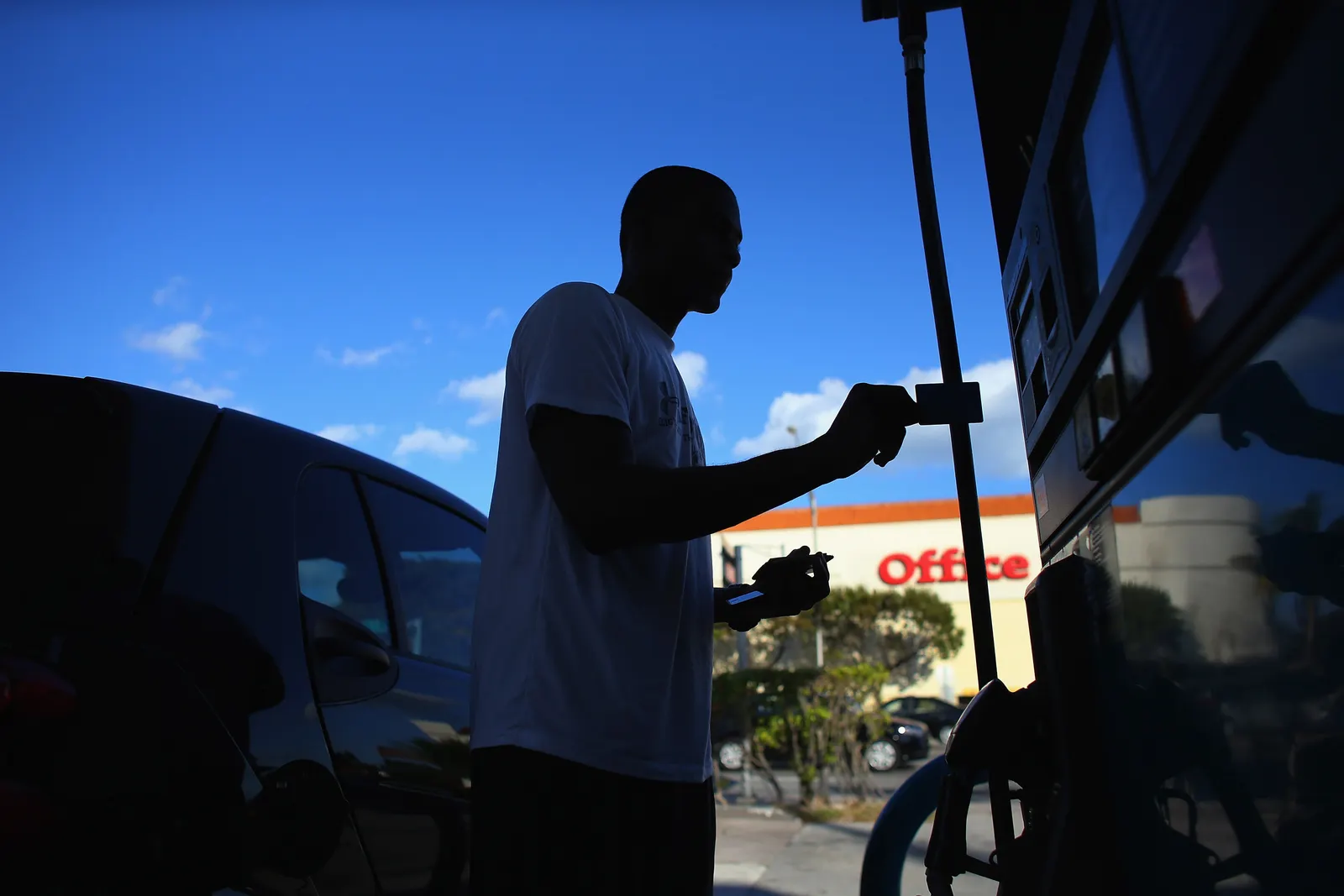
Even some smaller retailers, who have significantly less capital and resources compared to their larger competitors, don’t seem worried.
“I think this is something that's going to ebb and flow a little bit,” said Michael Frisbie, CEO of the 13-location Noble Markets chain. “I don't think it's going to [have] a drastic effect on the c-store industry, honestly.”
But industry experts disagree, emphasizing that tariffs could significantly raise prices across several areas of the business, resulting in higher operating costs that will likely flow down to customers.
C-store consultant Kevin Farley said that the waiting game with tariffs is creating an “unsettled vibe to everything” around the industry.
“At least in my lifetime, we've not seen this before, and so I don't think we fully understand what to do,” he said.
Crude and Canada
In February, Trump signed executive orders that placed a 10% tariff on oil and energy imports from Canada into the U.S. This will significantly impact oil prices if upheld, since Canada is by far the U.S.’s top importer of crude oil — one of the main ingredients in gasoline. The U.S. imported about $97 billion worth of crude oil from Canada in 2023, outpacing its second-biggest source of crude, Mexico, by nearly $77 billion.
With many leading c-store retailers and fuel suppliers based in Canada, convenience operators must address how oil tariffs on the country may impact their businesses, said industry consultant Julie Jackson, whose former roles include president at G&M Oil, COO at Jaco Oil and an executive vice president at H&S Energy.
“At least in my lifetime, we've not seen this before, and so I don't think we fully understand what to do."

Kevin Farley
C-store consultant
“We haven't been playing nice with Canada, and there could be some ripple effects with that,” Jackson said. “We just need to be concerned about that a little bit more or hear more about what the plan is.”
Tom Kloza, former global head of energy analysis for price-reporting agency Oil Price Information Service, is more optimistic. He said that although the tariffs are likely causing gas prices to rise — the national average has spiked over 10 cents since Trump enacted these tariffs — he doesn’t see them sticking around given how dependent the U.S. is on Canadian oil.
“I still in my heart of hearts do not believe that we're going to have anything lasting on Canadian oil or Canadian refined products,” he said.
Rising construction costs
The U.S.’s trade war with Canada is also expected to heavily impact the cost and flow of building materials. In 2024, Canada was the U.S.’s top supplier of both cement and steel, which are crucial for building and remodeling convenience stores — one of the industry’s biggest trends in recent years. Trump said last week he wants to place a 50% tariff on steel alone.
If the price of cement and steel rises, so will the price to build and remodel stores. For ongoing new builds or remodels that need more cement and steel, tariffs could result in additional costs and delays in both shipments and openings. Once open, the cost to upkeep new or remodeled stores could rise.
Jackson said the potential impact on building is her biggest concern with tariffs.
“I really worry about facilities, because that's the one I know where I had so many headaches,” Jackson said. “You have a project all built, and you're waiting for a certain type of component, you have to wait a year. You can't fire the site up. So there could be a lot of lost revenue if the equipment that they need or the parts are not available.”
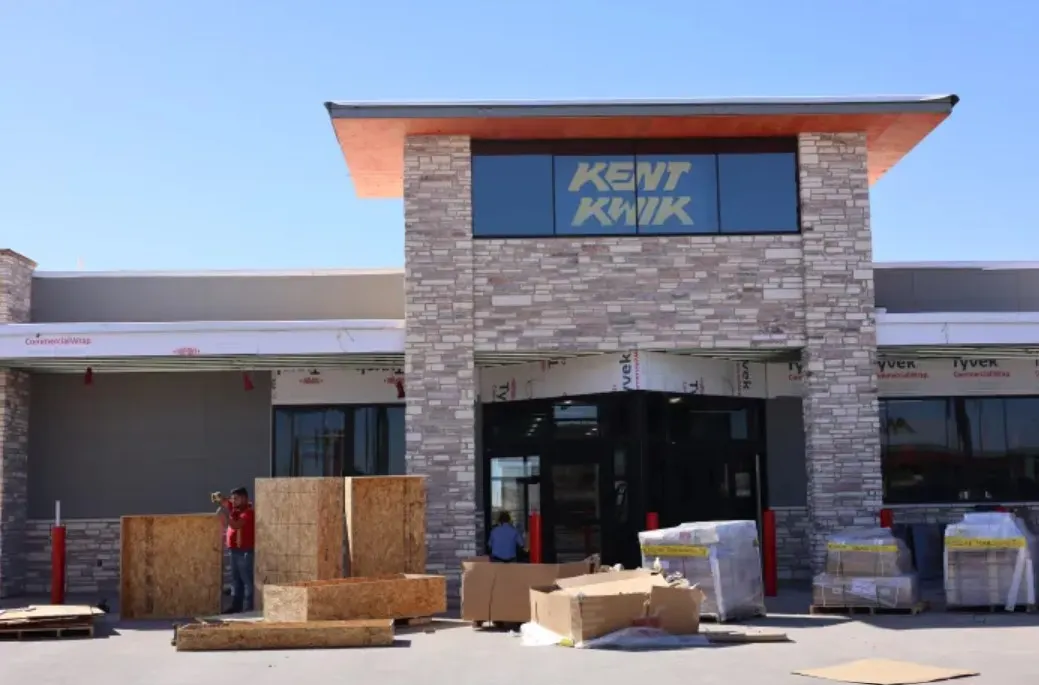
Frisbie of Noble Markets admitted that building and remodeling may bring new challenges if the tariffs are upheld.
“We need to be smarter about how we buy our real estate and how we build our stores, because some of these tariffs are going to impact the cost of construction, cost of materials, things of that nature,” Frisbie said.
Jackson suggests that c-store retailers recall the lessons they learned during the initial supply chain hurdles of the COVID-19 pandemic. When the crisis hit, retailers tightened up their inventory and stockpiled items they considered critical to their business. The pandemic also forced retailers to maintain good communication with vendors to be aware of availability.
Farley concurred that the unknown factor with tariffs should encourage c-store retailers to speak regularly with their suppliers.
“If you're going to open up 20 stores in the next 12 months, getting with the main suppliers and talking through all of that… It's really just a good time to kind of be more collaborative.”
Hits on the customer
Although they’re not overly concerned about a direct impact to their businesses, some c-store retailers are acutely aware of the pricing shock that tariffs may cause for their customers.
If a retailer’s costs for building materials or products inside the store rise, they’ll have to increase their daily prices to combat the pain.
“The only thing we're thinking about relative to how tariffs may impact us is, perhaps, as it starts to affect the consumer, it may have some impact on our store sales, but that’s yet to be determined,” Romaine of Global Partners said during the company’s recent earnings call. “If it's going to impact us, it'll impact us there.”
Frisbie said higher prices for consumers are essentially guaranteed if the tariffs are upheld, due to increasing operating costs.
“If it costs us more, it's going to cost the consumer more,” he emphasized.
Jackson said that if retailers pass their costs onto customers, store visits are likely to decline, which will ultimately hurt sales. But if operators are open and honest with their most loyal customers about the challenges they’re facing, their recovery might be quicker than anticipated.
“Customers can forgive a lot,” Jackson said.
A decline in visits and drop in sales might hurt smaller retailers more than the big players, multiple experts say. The same could be true for any incoming supply chain problems.
“If it costs us more, it's going to cost the consumer more."

Michael Frisbie
CEO, Noble Markets
Jackson said with tariff uncertainty ahead, “the vendors are going to supply their big dogs” and will likely create a pecking order of who gets what and when. Smaller retailers may get the short end of this stick because in many cases, they order less often and in smaller amounts than their larger competitors.
“I think the level of sophistication and the buying power will give the larger organizations a leg up,” Jackson said.
For now, all the industry can do is wait to see if the courts ultimately approve or reject Trump’s sweeping tariff agenda. Farley advises retailers to avoid being reactionary, but also recommends that they prepare for what might lie ahead.
“It seems like people are going to have less money to spend, and that in general is not a good thing for us as an industry.”


